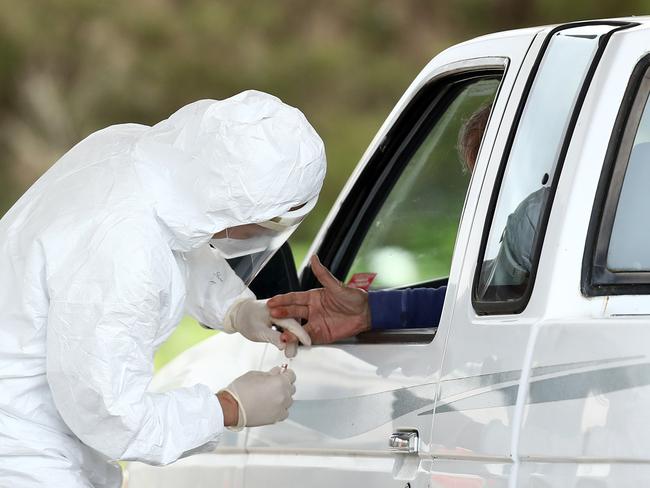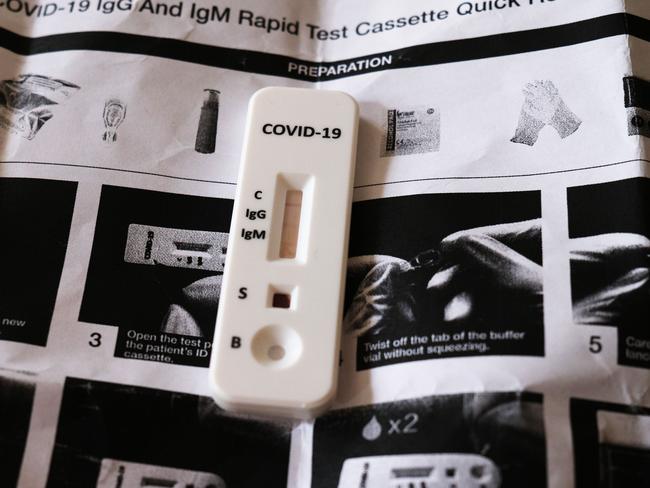Why coronavirus may be less deadly than we thought
A new study suggests that while deadly for some, COVID-19’s overall fatality rate may be far lower than initially thought – with huge implications for the way governments manage the disease.
Opinion
Don't miss out on the headlines from Opinion. Followed categories will be added to My News.
Startling new research just released in California suggests that the COVID-19 coronavirus may have spread far more widely throughout the population than previously thought – with potentially huge implications for how authorities manage the disease in future.
According to the first round of an ongoing collaborative project between the County of Los Angeles and the University of Southern California, the researchers believe that somewhere between 2.8 per cent and 5.6 per cent of the population carry the antibodies that suggest that they have been exposed to the coronavirus.
If the Los Angeles figures applied in NSW, it would suggest that between 211,000 and 422,000 across the state may have had the infection – though Australia’s travel bans and border restrictions would likely see those numbers be lower.

The study also suggests that while deadly for some, the coronavirus’ overall fatality rate may be far lower than initially thought – with huge implications for the way governments manage the disease.
“We haven’t known the true extent of COVID-19 infections in our community because we have only tested people with symptoms, and the availability of tests has been limited,” said Neeraj Sood, lead investigator for the study and a senior fellow at the US Schaeffer Centre for Health Policy and Economics.
“The estimates … suggest that we might have to recalibrate disease prediction models and rethink public health strategies,” added Sood.
The research comes as researchers around the world rush to implement widespread antibody testing programs to determine just how widely the disease has spread and whether populations are beginning to build up what epidemiologists refer to as “herd immunity”.

Germany has already announced that it is planning a wide-ranging program to test for coronavirus antibodies as part of its path to recovery.
Meanwhile, a further study undertaken in California’s Santa Clara County just south of San Francisco, found similar results to those uncovered in Los Angeles.
There, Stanford University researchers tested more than 3,000 people and found results suggesting between 2.5 per cent and 4.2 per cent of people in the county had contracted COVID-19 at some point – or between 50 and 85 times the number who had tested positive to carrying the virus itself.
The Stanford research suggests that the true infection fatality rate of the coronavirus may be somewhere between 0.12 per cent and 0.2 per cent – making it somewhere between 20 per cent and twice as deadly as seasonal influenza.

